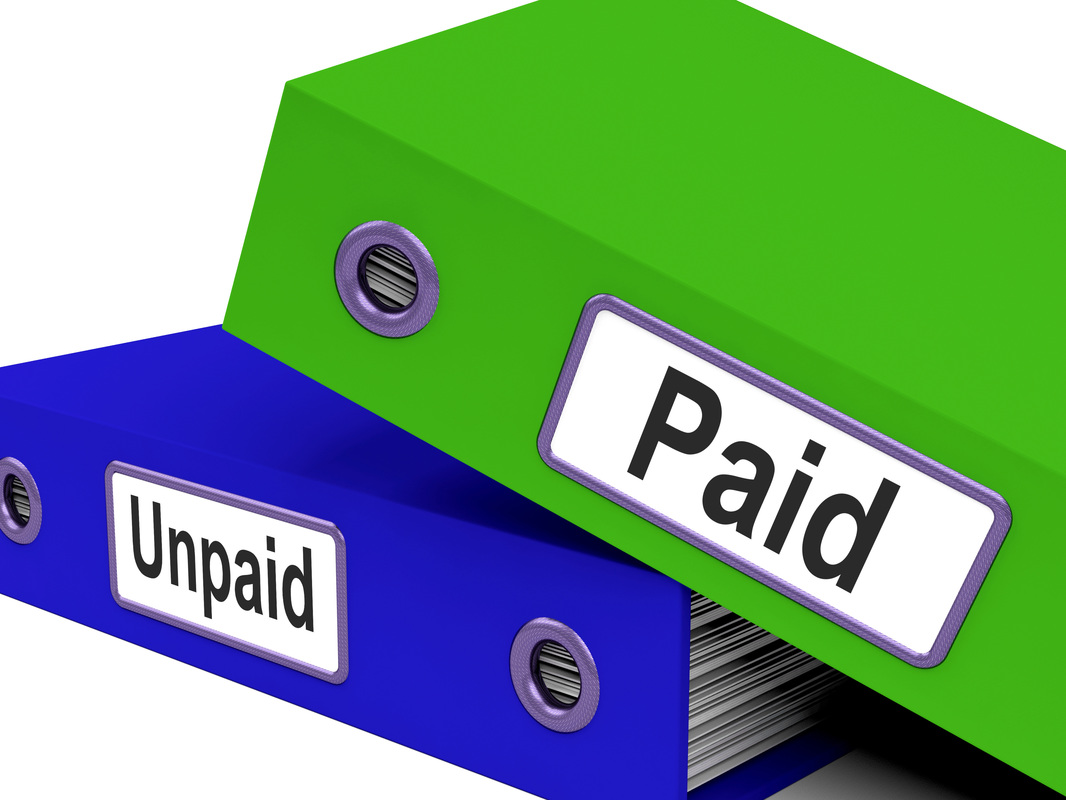Sales Tax Filing: Why it is Complicated and Strategies for Your Business
We are going to share an overview of why it is difficult, some of the many moving parts that make it so, and offer some overall strategies to help.
Understanding Sales Tax Basics
Nexus: Traditionally defined by physical presence, recent legal changes, like the South Dakota v. Wayfair, Inc. decision (overview of that case and its impact on businesses at the end of this article)*, have expanded nexus to include economic activity, complicating tax obligations for businesses selling across state lines.


















 RSS Feed
RSS Feed